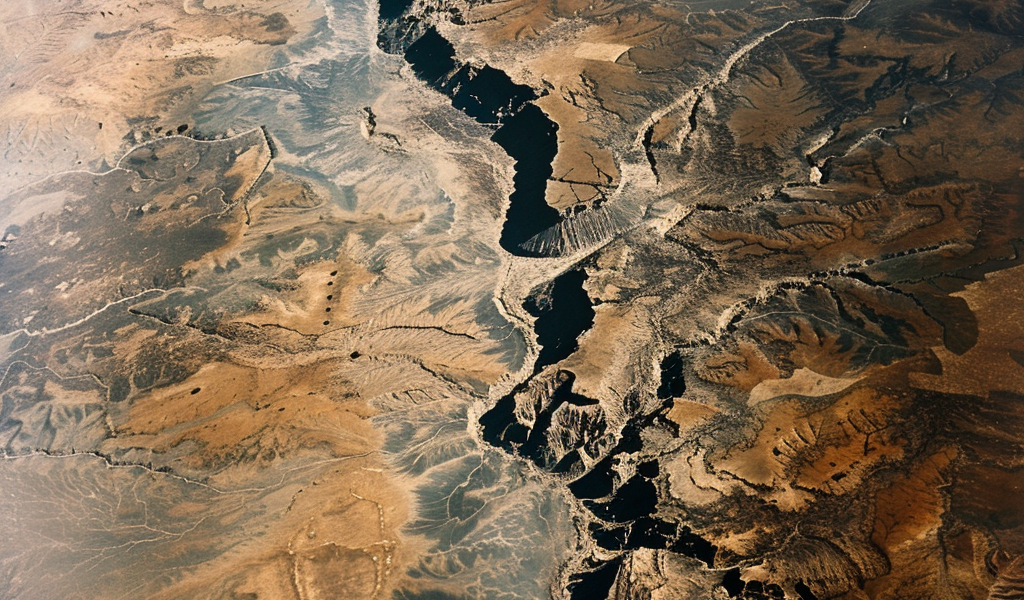Geologists have made a groundbreaking discovery that could potentially lead to the creation of the world’s sixth ocean. The African continent’s rift in the Afar Triangle has been identified as the site where this rare geological phenomenon is unfolding, with predictions suggesting that a new ocean could form in the next 5 to 10 million years.
The Afar Triangle, located in the Horn of Africa, is a geological depression where three tectonic plates—the Nubian, Somali, and Arabian plates—converge. This area is part of the East African Rift system, and the ongoing rifting process is a result of the tectonic plates slowly moving apart, a phenomenon that has been taking place for millions of years.
In 2005, a significant event brought this slow-moving process to the world’s attention. A 35-mile-long rift opened up in the Ethiopian desert, signaling the ongoing separation of the African continent. This rift is the surface expression of deep-seated tectonic forces at work, as the Somali plate moves away from the Nubian plate, stretching and thinning the Earth’s crust.
The concept of a new ocean forming in Africa is a topic that delves into the dynamic nature of our planet’s geology. With the planet currently covered by 71% water and five distinct oceans—Pacific, Atlantic, Indian, Southern, and Arctic—the formation of a sixth distinct region could entail massive changes in the planet’s geography. This rare geological phenomenon provides valuable insights into the Earth’s dynamic nature and the potential evolution of its landforms over millennia.
Scientific advancements have enabled researchers to study this process, shedding light on the potential evolution of the African continent and the formation of a new ocean. The discovery in the Afar Triangle holds significant implications for our understanding of Earth’s geological processes and the long-term changes that shape our planet.





